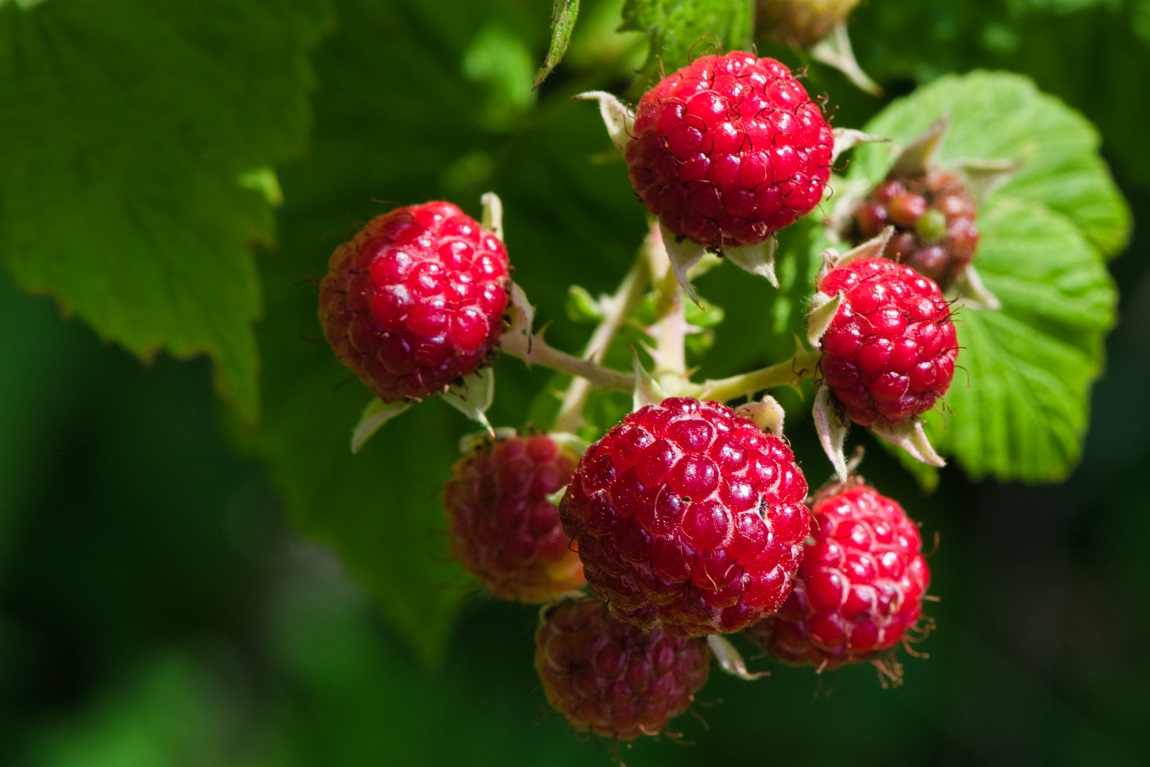North Carolina State University Boasts One of the Most Robust Plant Breeding Programs in the Nation
We provided some background on the history and creation of the land-grant university (LGU) system in an earlier post. Without repeating ourselves, the LGU system is an extensive, established network of universities that conduct critical, publicly-funded agricultural research across the United States. Each LGU is unique in that it addresses agricultural production challenges in a specific area for the benefit of its farmers and ranchers.
Large-scale research focusing on conservation practices, soil health, and pest and disease pressures can benefit a wide swath of the agricultural community directly and all of us more generally. But there are also research activities that focus on much more specific issues that affect individual growing areas or commodities, or both. A very good example of a specific type of issue is variety development. While the private sector is responsible for much of the variety development work in major crops, minor or specialty crops have limits to what can be accomplished without near-term revenue-generating capability there to pull it through the costly development process. In the case of specialty crops, however, there are tremendous benefits to consumers, growers, and the environment if they can be produced and distributed locally–a diversified revenue stream, less stress on infrastructure, and reduced transportation costs are just a few of the benefits that can be realized through public research.
Some of the benefits of public agricultural research include:
- A diversified revenue stream;
- Less stress on infrastructure; and
- Reduced transporation costs
Recall from our sweet corn post in June that as of 2016, there are only two sweet corn breeders remaining in the U.S. LGU system, down from over 30 in the 1980s. It is in that sweet spot between a market-driven solution and one that does not have an obvious economic benefactor that many LGUs focus their variety development efforts. Worth noting, however, is that in many cases the research investments that are made by an LGU are frequently augmented by investments from the local grower base that stands to economically benefit from the research. In other words, private research funds are usually leveraged with public research funds for the greatest maximum positive outcome.
Let’s examine the plant breeding activities of North Carolina State University (NCSU) to see what kind of variety development work is commonly conducted by an LGU. Although not an exhaustive list, the NCSU Horticultural Science department conducts research on blueberries, strawberries, raspberries, blackberries, grapes, tomatoes, potatoes, sweet potatoes, cucumbers, melons, squash, pumpkins, watermelons, and gourds. That doesn’t even include NCSU’s floriculture and landscape program. Meanwhile, the NCSU Crop Science department develops new varieties of corn, cotton, peanuts, small grains, turfgrass, soybeans, and tobacco. At present, Medius partners with NCSU’s Official Variety Trial program to manage its wheat and soybean data.
The plant breeding activities at NCSU are some of the most extensive in the nation because North Carolina is home to a diversified crop base, but there are plant breeding programs all over the country that deserve their own focus. As we showcase an individual LGU, it will hopefully provide another piece to the U.S. production puzzle. Thanks for reading and don’t forget to follow us on Facebook, Twitter, LinkedIn, and Instagram!
